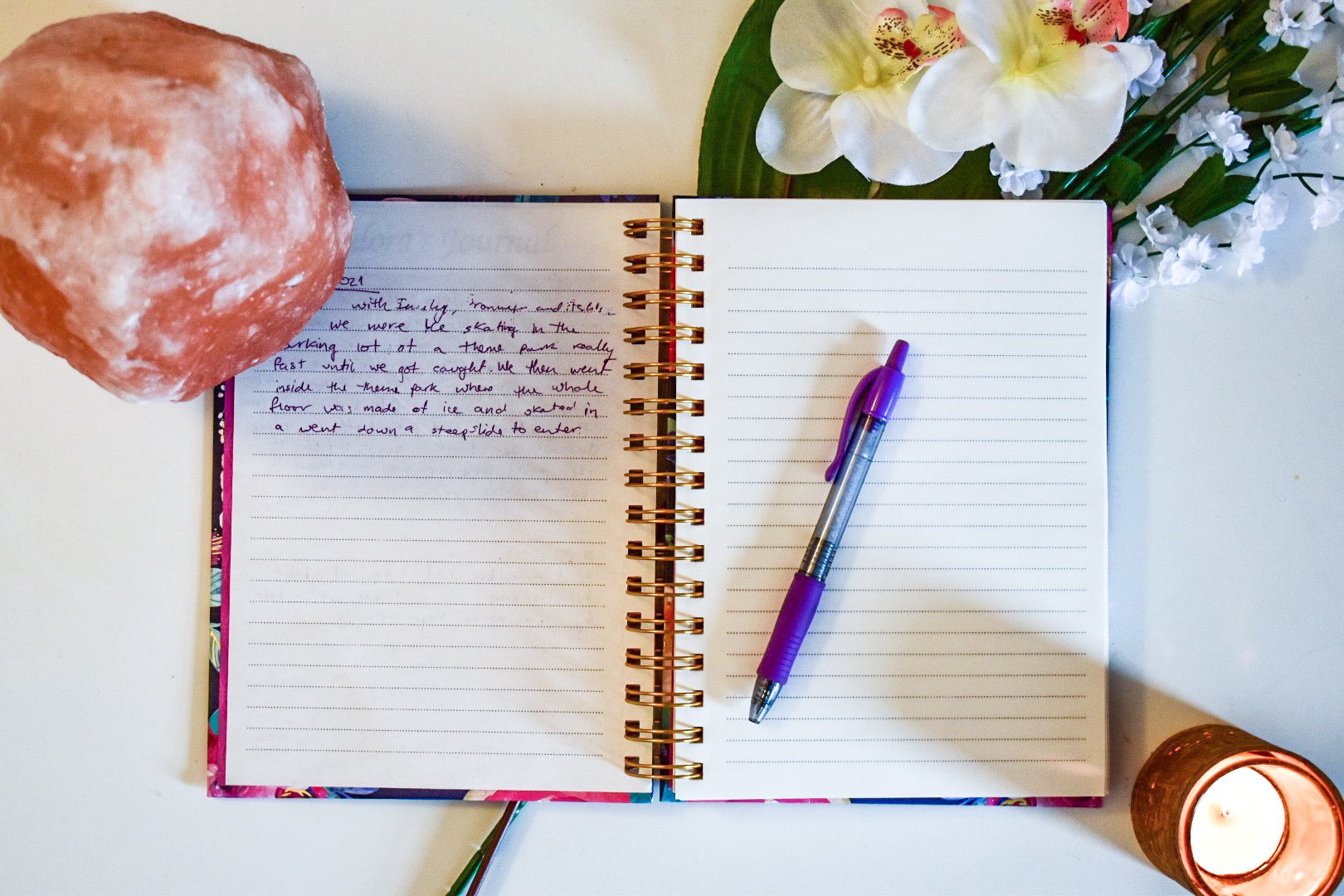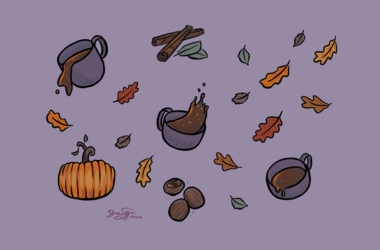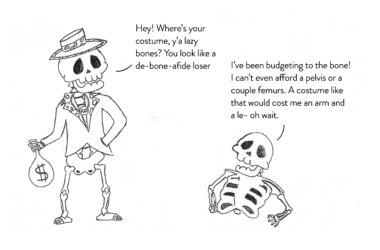With innumerable ways to define the uncertainty of present times, many have started to capture their lives on paper, whether as a tool to record their role as witness to a pivotal historical juncture or to make sense of the chaos through the process of writing.
During the first days of quarantine, Hannah Judelson-Kelly, U3 Arts, could not be certain of much beyond the moment’s importance and had an urge to articulate and document the present reality.
“I wrote an entry near the beginning of COVID,” Judelson-Kelly said. “I just remember thinking very clearly that you should write down that COVID is happening.”
Journals from the past serve as valuable accounts of history, offering access to an individual’s perspective as they live through historical events. Museums and historians are already seeking out artifacts from diverse experiences of the past year to construct narratives for posterity. Janis Whitlock, a research scientist at Cornell University who focusses on young adult mental health, created a global project called “Telling Our Stories in the Age of COVID-19” to collect journal entries from the pandemic.
During extraordinary times, chronicles of life’s banalities provide intimate details that enable future generations to understand our current realities. Diaries from the influenza pandemic of 1918 reveal a doctor’s sense of inadequacy for his patients and—as restrictions lifted—a young girl’s eagerness to see the newest movie in theatres. A record of the first moment one can attend a concert or hug a stranger again post-coronavirus will likely be just as valuable.
Many, however, prefer to journal not for any historical archive but rather as an aid to their more urgent, present lives.
By releasing her emotions in writing, Judelson-Kelly is able to discover clarity in them.
“For me, solving [problems] comes with talking to people,” Judelson-Kelly said. “In a way, my journal is a person to talk to. I need space to allow the idea or emotion to breathe and a journal gives me that [….] Solutions sometimes come afterwards or during that.”
Jackie Lee, U1 Arts, documents her life both for personal remembrance and management of anxieties. Lee practices honesty in her writing, but often finds herself still keenly aware of an external reader’s gaze.
“Every single journal I have, the first page is a disclaimer for myself saying I can write however I want,” Lee said. “It’s this weird dual awareness of myself being genuine and totally raw in this space, but [also] of writing for my grandkid in 200 years to look back on and see as an artifact.”
It can be difficult to escape the sense that one’s private thoughts might be exposed or serve to represent something larger than oneself. In journaling, the writer often not only releases their inner feelings but also gains a fraction of control over them. They become conscious of the passage of time, compelled to imagine the foreign empathies and judgements of a future reader or self.
This detachment from the present moment, however, can also help us endure through it. When Judelson-Kelly looks back on her past journal entries, she laughs at their intensity. For her, reading them is reassuring.
“There’s times when emotions will come up in my life, and when I flip back, I’ll find that a couple of years ago, I was feeling the same thing,” Judelson-Kelly said. “It’s reassuring to me. There’s evidence right here in your writing where you’re feeling the same exact feeling. Stop feeling sorry for yourself because you’re going to get through it!”
Forcing us to recognize the ephemerality of the moment, journaling can give us greater confidence and perspective in the face of adversity.
Judelson-Kelly admits to being just as emotional and dramatic in her current writing, knowing perhaps that she will one day find comfort in her present uncertainties, as confounding as they may seem now.
While helping us create narratives of historical and personal change, journaling might also reveal instances when history repeats itself in the present, providing guidance and assurance that this moment, too, will pass.









